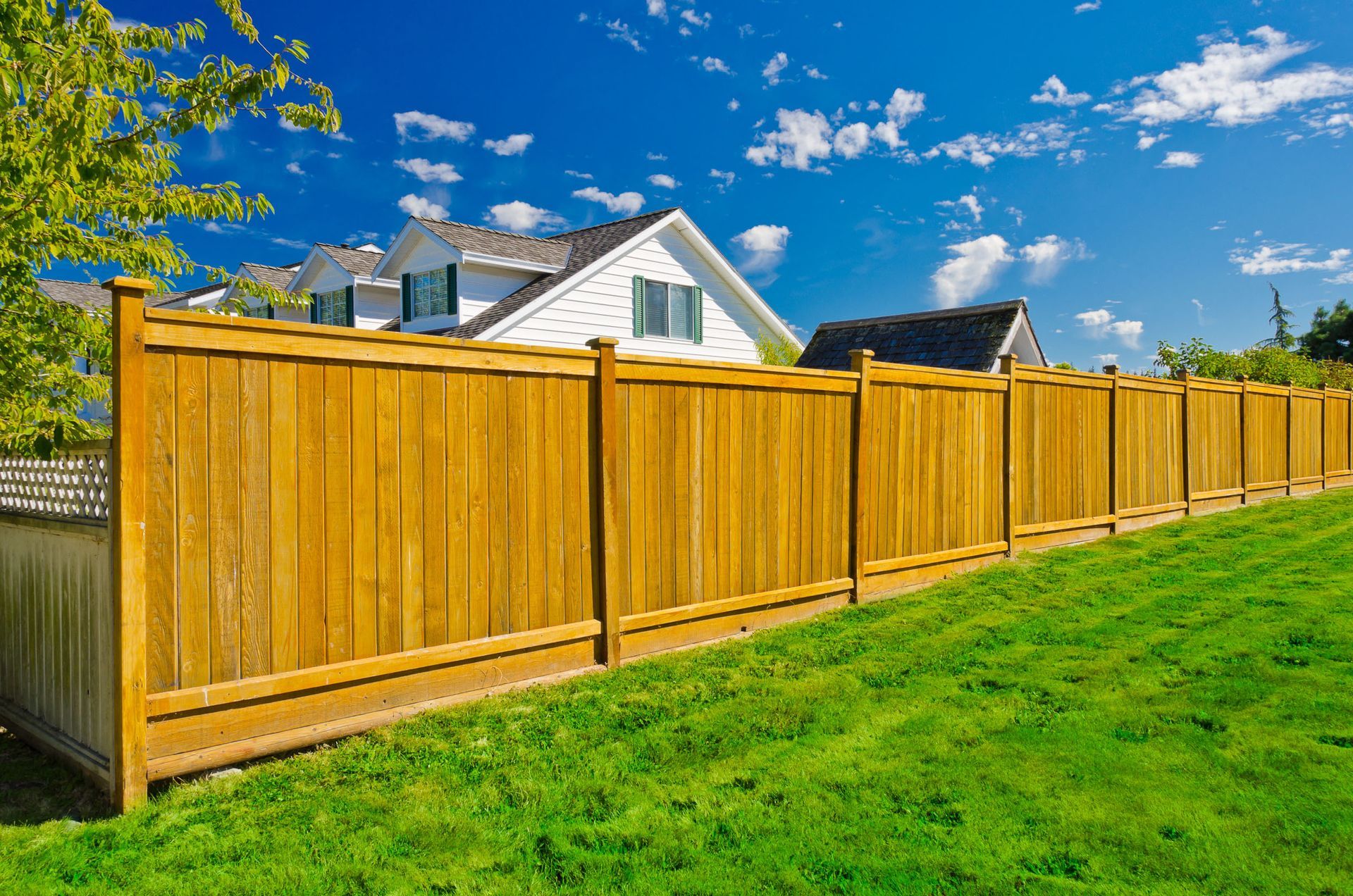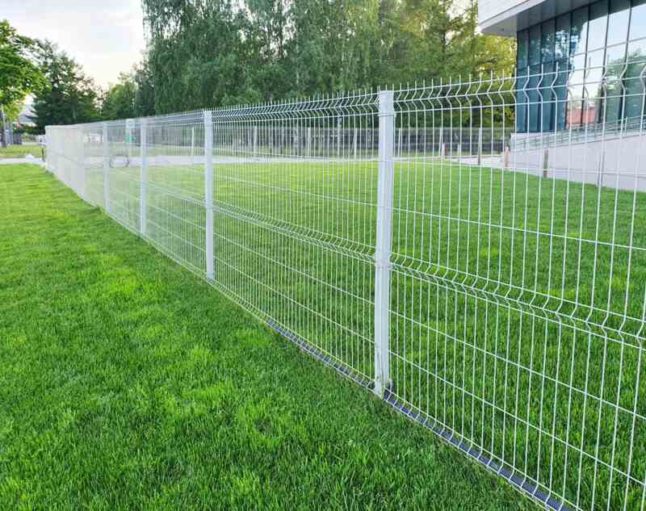All Categories
Featured

Among the most preferred choices, timber, vinyl, and light weight aluminum each deal unique advantages and disadvantages. Right here's a breakdown of the pros and cons of these three typical fence products.
Timber Fencing. Wood fencing has actually been an ageless option for home owners because of its natural beauty and convenience.
Pros:. Visual Allure: Timber provides a cozy and timeless look that complements a variety of building styles. Personalized: It can be painted, stained, or reduce into one-of-a-kind styles to match individual choices. Economical: At first, timber secure fencing can be a budget friendly option compared to various other materials. Eco-Friendly: Wood is a sustainable resource and can be sustainably sourced. Cons:. High Upkeep: Timber calls for normal securing, discoloration, or painting to prevent rot, insect damage, and weathering. Durability Concerns: Without proper treatment, timber can warp, split, or degeneration gradually, specifically in areas with high humidity. Much shorter Life expectancy: A wood fence usually lasts 10-20 years, relying on the sort of timber and level of upkeep. Timber is excellent for those who value a typical appearance and agree to commit to its upkeep.
Plastic Fence. Plastic is a contemporary, low-maintenance secure fencing alternative that has actually expanded in popularity in the last few years.

Pros:. Low Maintenance: Plastic does not call for painting, discoloration, or securing and can be easily cleaned up with soap and water. Weather Resistant: It holds up against harsh climate condition without decaying, rusting, or bending. Durable: Vinyl fences can last 20-30 years with marginal upkeep. Selection of Styles: Available in numerous colors, layouts, and textures, some plastic choices resemble the appearance of wood. Cons:. Greater Upfront Price: Vinyl fence can be extra expensive originally compared to wood. Brittleness in Winter: In severe chilly, plastic may break or come to be brittle. Restricted Fixes: Private panels can be difficult to replace, calling for cautious matching to the existing fence. Plastic is ideal suited for home owners looking for a resilient, low-maintenance solution with modern-day visual appeals.
Light Weight Aluminum Fencing. Aluminum secure fencing is a lightweight and long lasting alternative, typically picked for its contemporary look and flexibility.
Pros:. Rust-Resistant: Aluminum does not rust, making it an exceptional selection for moist or wet environments. Low Maintenance: Requires minimal maintenance and is very easy to tidy. Durable: While lightweight, aluminum is strong sufficient to hold up against numerous ecological conditions. Lengthy Life expectancy: Can last a number of years without substantial wear or deterioration. Range of Styles: Uses a streamlined and elegant appearance, typically used for decorative or decorative objectives. Disadvantages:. Greater Price: The preliminary investment for aluminum fence is higher than wood or vinyl. Much Less Privacy: Light weight aluminum fencings are typically made with open pickets, making them much less reliable for privacy. At risk to Dents: Although long lasting, aluminum can be dented by solid impacts. Aluminum is suitable for those seeking a stylish, long-lasting choice that needs very little care.
Making the Right Option. Each fence product-- aluminum, vinyl, and wood-- offers distinctive benefits and negative aspects. Your decision should depend upon your certain priorities, such as budget plan, upkeep choices, environment, and visual goals:
Choose timber if you like a traditional look and do not mind regular maintenance. Choose for vinyl if you desire a low-maintenance, weather-resistant fencing with modern-day appeal. Go with light weight aluminum if you prioritize resilience, corrosion resistance, and a sleek layout. By evaluating these cons and pros, you can pick a fence product that enhances your home while satisfying your practical needs.
Latest Posts
Eye Education Foundation
Published Nov 23, 24
1 min read
Zoom
Published Nov 23, 24
1 min read
Montclare Auto Repair
Published Nov 23, 24
0 min read